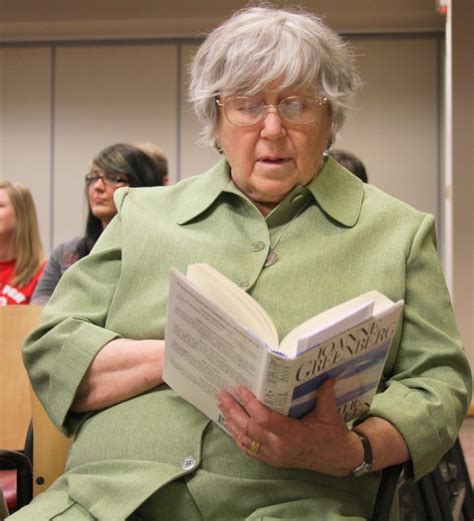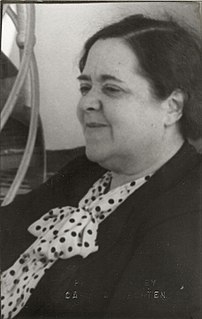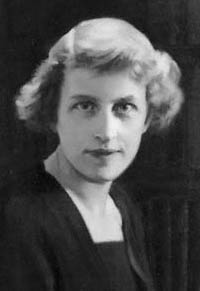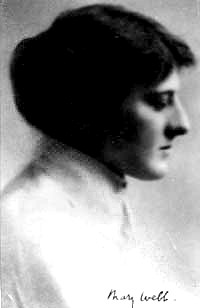A Quote by Zora Neale Hurston
It was not death she feared. It was misunderstanding.
Quote Topics
Related Quotes
It was not the passion that was new to her, it was the yearning adoration. She knew she had always feared it, for it left her helpless; she feared it still, lest if se adored him too much, then she would lose herself, become effaced, and she did not want to be effaced, a slave, like a savage woman. She must not become a slave. She feared her adoration, yet she would not at once fight against it.
Life will be wonderful when men no longer fear dying. When the last superstitions are thrown out and we meet death with the same equanimity as life. No longer will children's minds be twisted by evil gods whose fantastic origin is in those barbaric tribes who feared death and lightning, who feared life. That's it: life is the villain to to those who preach reward in death, through grace and eternal bliss, or through dark revenge.
We imagined ourselves as the Sons of Liberty with a mission to preserve, protect, and project the revolutionary spirit of rock and roll. We feared that the music which had given us sustenance was in danger of spiritual starvation. We feared it losing its sense of purpose, we feared it falling into fattened hands, we feared it floundering in a mire of spectacle, finance, and vapid technical complexity.
Misunderstanding may arise by confusing the Buddhist and scientific definitions of death. Within the scientific system you spoke quite validly of the death of the brain and the death of heart. Different parts of the body can die separately. However, in the Buddhist system, the word death is not used in that way. You'd never speak of the death of a particular part of the body, but rather of the death of an entire person. When people say that a certain person died, we don't ask, "Well, which part died?"
I don't know what it is about death that makes it so hard. I suppose it's the one-sided communication; the fact that we never get to ask our loved one if she suffered, if she is happy wherever she is now...if she is somewhere. It's the question mark that comes with death that we can't face, not the period.
What Orwell feared were those who would ban books. What Huxley feared was that there would be no reason to ban a book, for there would be no one who wanted to read one. Orwell feared those who would deprive us of information. Huxley feared those who would give us so much that we would be reduced to passivity and egoism. Orwell feared that the truth would be concealed from us. Huxley feared the truth would be drowned in a sea of irrelevance.





































